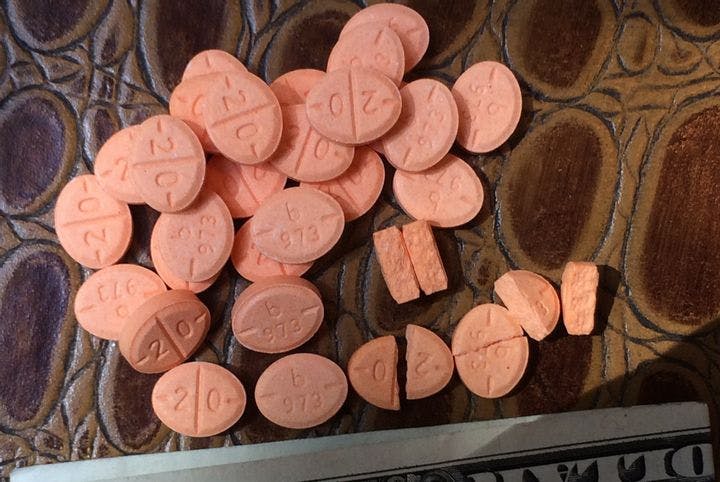Spring 2013
Are drugs bought online more dangerous than drugs bought in person?
– The Wilson Quarterly
Swallow at your own risk.
Let’s say you wake up tomorrow morning with a hankering for heroin. Don’t hit the streets. Stay at home and log on to Silk Road, one of a handful of Web sites that sell a wide variety of drugs, most of them imported from China.
Check the customer reviews. Carefully compare prices, often given in Bitcoin, an online currency that leaves no digital trail. Just don’t expect to know exactly what you’re ordering.
The Internet plays host to a zany drug bazaar that extends far beyond Silk Road, explains Ned Beauman, a British author of novels and nonfiction, in n+1. But the hawkers wouldn’t last long if they peddled their goods in plain sight. The sites appear to vend pool cleaners, plant food, or bath salts. And the drugs, most of them experimental and therefore legal, go by opaque labels: ethylphenidate, methoxetamine, pentedrone.
Trying the stuff amounts to a massive gamble. “In the old days, you knew what you wanted but didn’t know where to get it,” Beauman explains. “In 2013, you can get almost anything but have no idea what it is.”
Still have that heroin hankering? For the intrepid — or desperate — drug user, Internet message boards populated by walking drug encyclopedias can guide you through the process. Some of the users “are evidently trained chemists, while the rest are enthusiastic autodidacts,” Beauman reports, “so there is much talk of moieties, isomers, and chiral centers, as well as debate about the best cheap microgram scales.”
Forum denizens never waver from the mission: to exchange lots of information in pursuit of drug-induced pleasure. “These forums do what no government antidrug campaign has ever been able to accomplish: They make hard drugs seem boring.”
The shadowy network of Chinese producers that supply the retail sites play a pharmacological cat-and-mouse game with law enforcement. In 2009, the makers introduced mephedrone, a substitute for the hallucinogen Ecstasy. After mephedrone caused several deaths, authorities outlawed the drug. Manufacturers have responded by tweaking their recipes, throwing in a pinch of this or that ingredient to create something new. In the case of mephedrone, Beauman says “dozens of its relatives still count as legal highs.”
Such mystery mixtures are doubly bad for customers. The drug sites boast smooth user interfaces and provide speedy service, but many Westerners report that the Chinese knockoffs are just plain bad. The high is no good. The side effects are terrible. And debilitating addictions can ensue. That would explain why the Web sites always seem to be slashing prices.
Beauman recounts an incident in 2009 in which a 22-year-old Internet forum user in Denmark known as Minimal died after ingesting 18 milligrams of an online mystery drug. Minimal had resold some of his stash to other online customers. The forum lit up with urgent posts. “If you have ordered 2C-B-fly from Haupt-RC,” a Web administrator warned, “then your life may be in danger.” A man in California also died from the drug. Lab tests revealed it to be “a mislabeled hallucinogen ... mixed with various lethal impurities.”
The wonder is that anybody would even try an online mystery drug. “The merchants can give you the best customer service in the world, but the one thing they can’t do is explain the effect of these drugs and how much you might want to swallow, because, remember, they’re only selling plant food.”
THE SOURCE: “I’m Waiting for My UPS Man” by Ned Beauman. n+1, Feb. 18, 2013.
Photo courtesy of Wikimedia Commons
